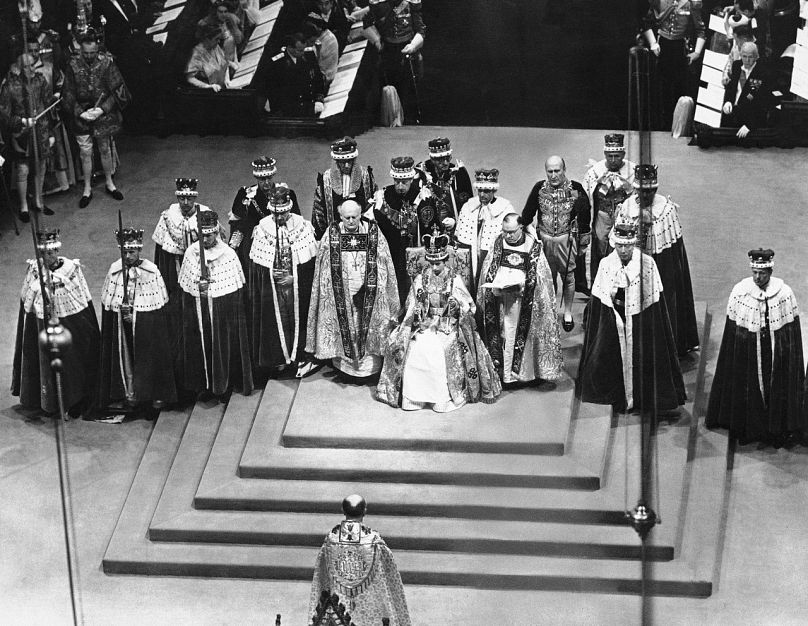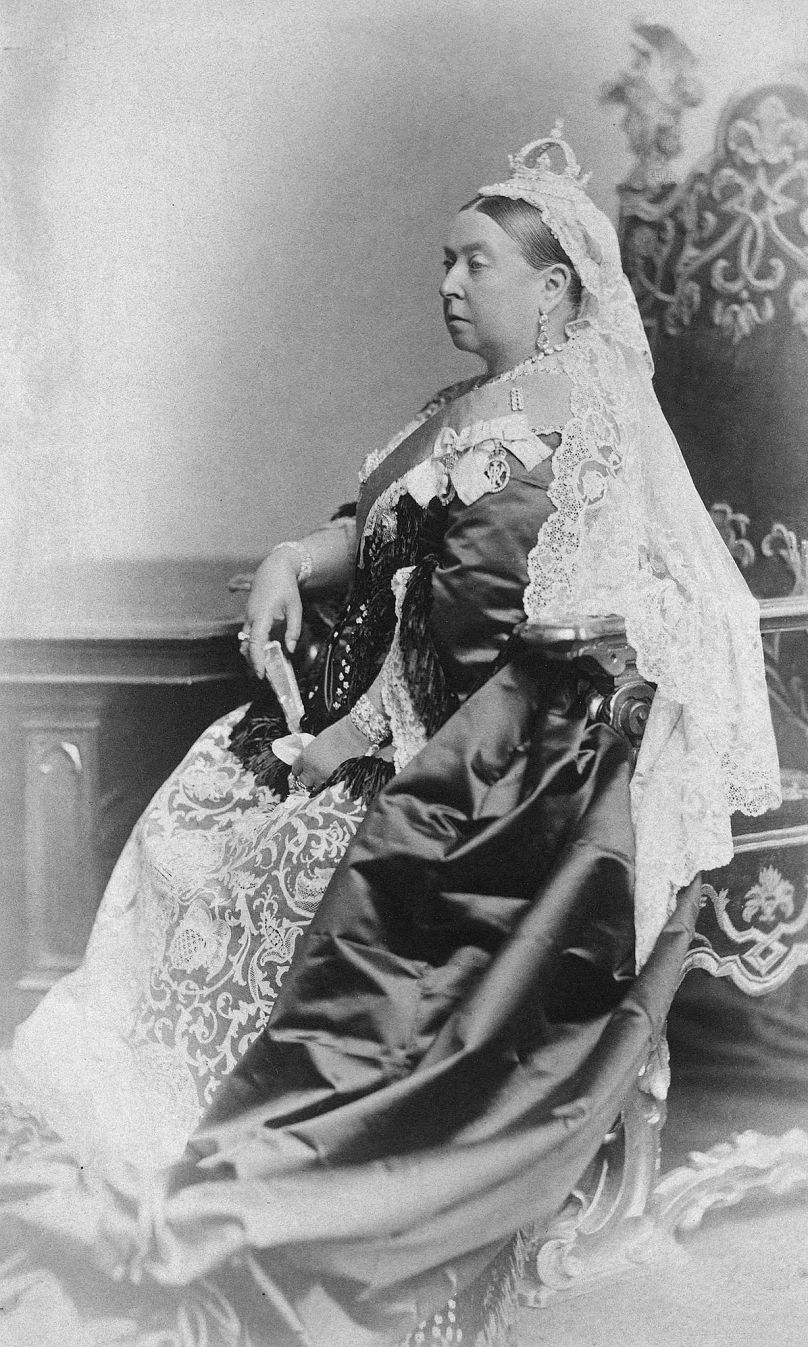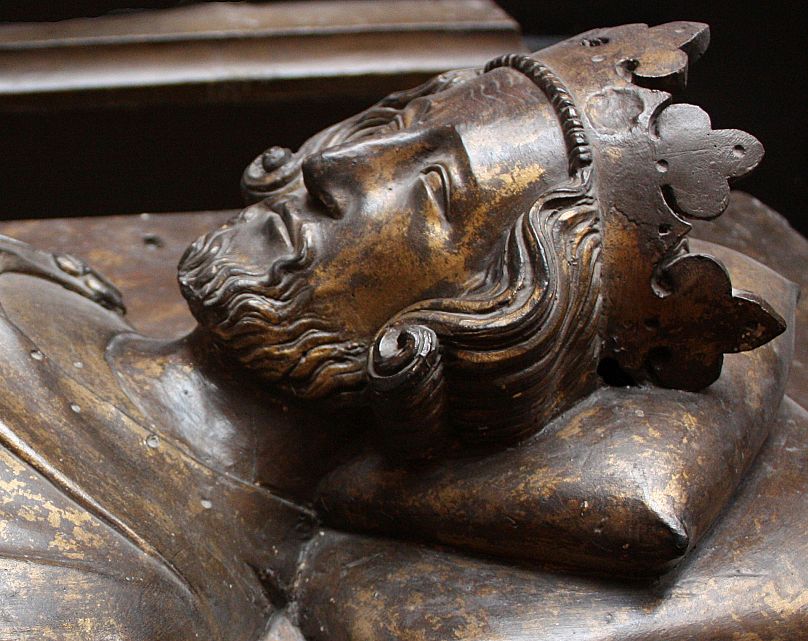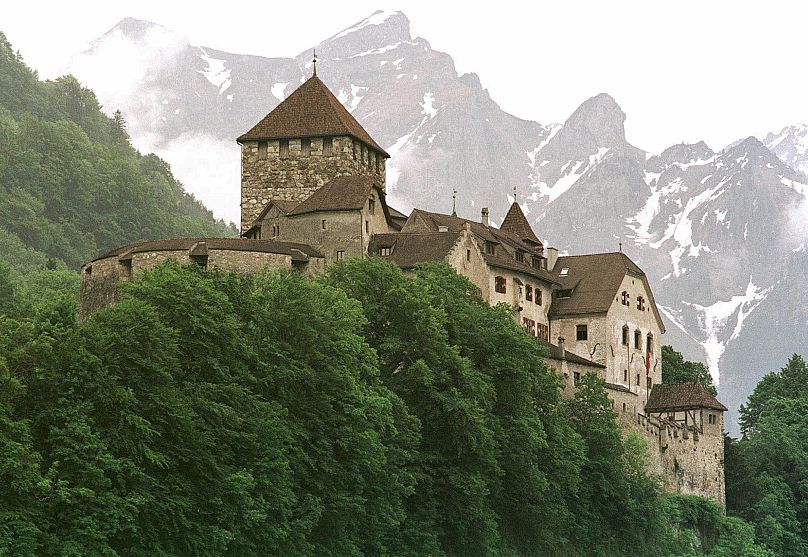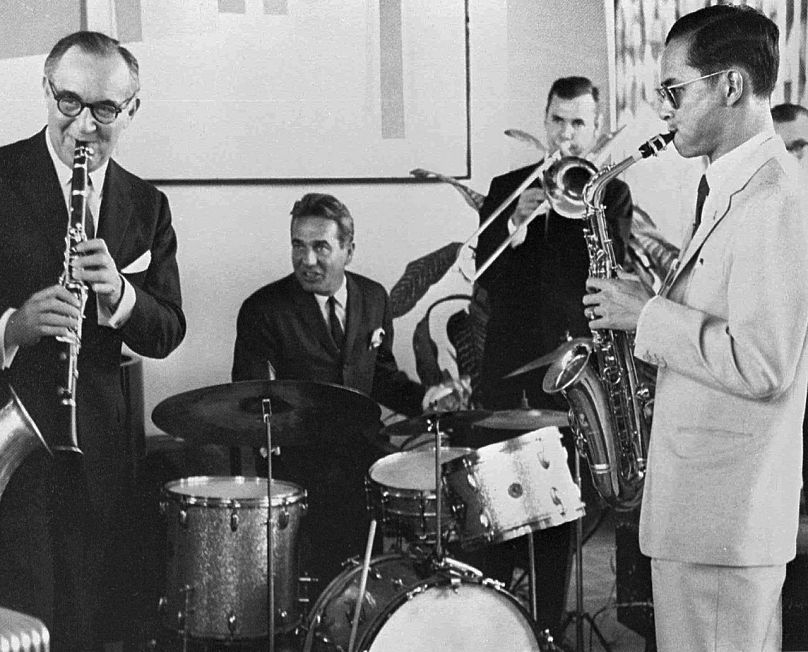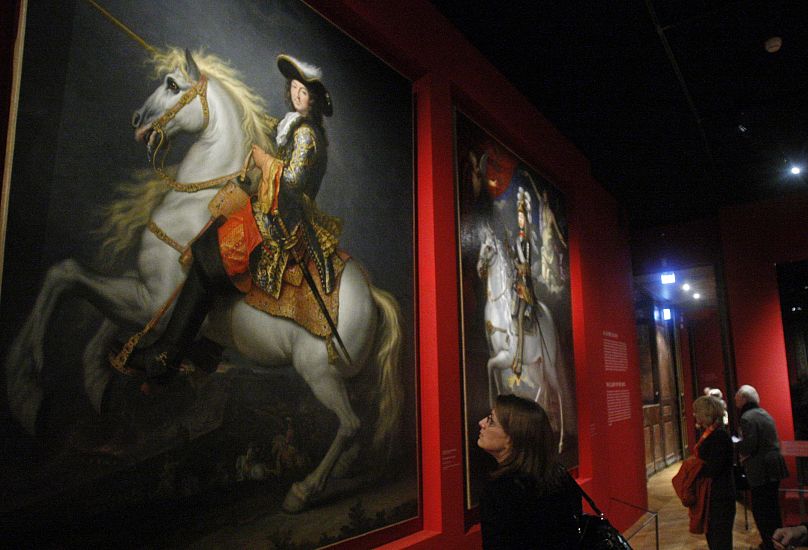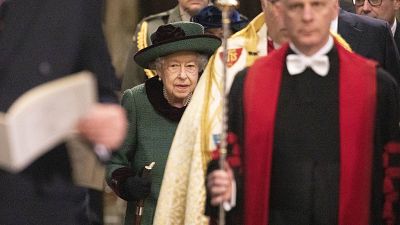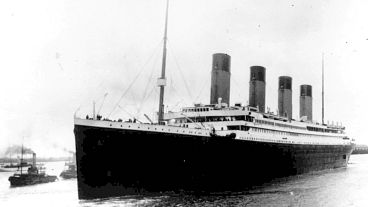Elizabeth Alexandra Mary Windsor has smashed records in British history, but she needs a few more months to be the outright longest-ruling monarch. Here's the rest of the field.
Sunday February 6th 2022 marks Queen Elizabeth II's Platinum Jubilee.
A 70-year reign is unprecedented in British constitutional history, and only surpassed by three other monarchs.
Acceding to the throne upon the death of her father King George VI, the then 25 year old Princess Elizabeth inherited a realm still reeling from the effects of World War II.
Bomb-sites and trashed dwellings littered the towns of England while military posts, largely abandoned, could be found across rural areas, and some of these would be staffed once again in the coming years as infrastructure built up towards cold war readiness.
The year was 1952.
The Korean War had another 18 months to run, Winston Churchill was the incumbent PM (who would announce that Britain had an atomic bomb three weeks after the accession), Alan Turing had to undergo oestrogen treatment to avoid a prison sentence for admitting to a homosexual relationship, 'The Mousetrap' began it's record run, and Chilean-born striker George Robledo, became the first foreign player to score in an FA Cup final as Newcastle beat Arsenal 1-0.
During the course of her extraordinary reign, Queen Elizabeth has been served by 14 British Prime Ministers (you can see many of these relationships dramatised in The Crown) and over a hundred other Commonwealth leaders.
Politically, she has overseen the transformation from the British Empire to the Commonwealth as well as the process of decolonisation across the globe.
Professionally, she is patron of over 600 charities and organisations and has raised hundreds of millions for them.
Personally, she doesn't give her opinion on events but has had to weather a series of familial trials including her annus horribilis of 1992 (characterised by affairs and divorces within her family as well as an unfavourable reception in Germany and a fire at Windsor Castle), an extended fall out over the break up of Prince Charles and Diana, and the current accusations surrounding another of her sons, Andrew.
The hazards, perhaps, of a record-breaking reign in a world where little remains secret for very long. But earlier record holders had their fair share of plates to spin.
Before the current queen broke the British record in September 2015, these were the longest-reigning Kings and Queens of England.
Queen Victoria: 63 years, 216 days (1837-1901)
While there are many that associate Queen Victoria with lengthy mourning clad in black and societal repression, it is often forgotten that she survived a series of assassination attempts. She was reportedly only injured by one, which took the form of being swiped across the head with a stick. The sturdy queen put on a show of resilience by attending the opera, replete with a black eye, later the same day.
Victoria was a prolific writer of journals, penning over 2,000 words per day on average and finally having an output thought to have been able to fill literally hundreds of volumes. Appalingly, the originals were all commited to the flames by her youngest daughter Princess Beatrice, who, Royal historians tell us, found them "too frank".
George III: 59 years, 96 days (1860-1820)
The king who is perhaps most commonly known for succumbing to 'madness' and losing America was actually very cultured.
He was the first monarch to include science in his studies and also founded a brand new royal collection of books, 65,000 of which were later given to the British Museum.
Various conflicts against Napoleonic France began in the middle of his reign but by 1811 he had become permanently unable to rule, and his son the Prince Regent (later George IV), took on de facto rule.
George's mental incapacities have been the subject of various popular cultural references, such as the above quote from the third series of the British comedy series 'Blackadder' which is set during the Regency period. But perhaps more world renowned was the film "The Madness of King George" starring Nigel Hawthorne as the afflicted monarch.
In 1995, the LA Times asked the film's director, Nick Hytner, if the title had been changed from Alan Bennett's original play “The Madness of George III” because American audiences would think it was a sequel and not go to see it, assuming they had missed “I” and “II.”
“That’s not totally untrue,” said Hytner.
Henry III: 56 years, 29 days (1216-1272)
It's easier to reign for longer if you are a child king. Elizabeth II was 25 when she came to the throne, Henry III was nine. But when you look at the century, this reign is still incredibly impressive. This is a mediaeval king, after all. These are the Middle Ages and 13th century life expectancy in England was 43.
Henry did not assume total power from his regent until 1227 and thus avoided an internal conflict, the like of which was to plague his reign. The First Barons' War came and went while Henry was still a child but instability continued throughout the middle of the century and he was even taken prisoner during a second Barons' War in 1263. He was rescued by his son and successor, Edward I.
He is buried in Westminster Abbey in front of the church's high altar, in the former resting place of Edward the Confessor, as was Henry's wish. He had been particularly attached throughout his life to the figure of Edward the Confessor, whom he adopted as his patron saint. Henry hoped to be able to replicate Edward's ability to heal rifts in a disjointed kingdom. Sadly, it didn't happen for him.
Who has ruled for more than 70 years?
For this you have to look outside the boundaries of Britain.
The longevity of the next group of monarchs are all well within Elizabeth's reach. Another two and a half years and her majesty will blitz them all.
Johann II, Prince of Liechtenstein: 70 years 91 days (1858-1929)
Also known as Johann the Good, this head of state was considered a serious art connoiseur.
He bought several works of art for his own collections, but donated many of them to public museums. He restored run down castles in the principality, and supported scientific and cultural initiatives.
In terms of nation-shaping, Johann introduced Liechtenstein's first constitution, enfranchising ordinary citizens.
Under Johann, the country claimed neutrality in World War One, but their longstanding ties to Austria resulted in an economic embargo imposed by the Allies, leading to severe fiscal atrophy. After the war, Liechtenstein entered into a customs union with Switzerland.
King Bhumibol of Thailand: 70 years, 126 Days (1946-2016)
Bhumibol Adulyadej was revered in his homeland, but what may suprise you is that he was an accomplished saxophonist. Into Jazz from an early age, perhaps the king's crowning glory was playing sax with Benny Goodman at his home in New York in 1960.
Another hobby of his was sailing, and, like his father, he became a boat builder and designer.
Louis XIV: 72 years, 110 days (1638 – 1715)
Another boy king, but also another low life expectancy period.
Also known as the Sun king, Louis' reign is the longest of any monarch of a sovereign country in history.
He was patron of the Académie Française and his reign saw a flourishing of French literature.
In the 1660s, Louis founded the French Royal Academy of Dance and the Académie d'Opéra, and commissioned numerous artists throughout his rule.
Louis reigned for so long that most of his line of potential successors had died. Upon his death in 1715, he was succeeded by his great-grandson, Louis Duke of Anjou, who became Louis XV.
Extremely honorable mentions:
Sobhuza II of Swaziland (now Eswatini) ruled for 82 years and 254 days (1899-1982), which the longest verifiable reign of any monarch in recorded history. BUT... because he was the head of a state that was not internationally sovereign for most of his reign, he doesn't get into the list proper on that technicality. Swaziland was a British protectorate until 1968.
And spare a thought in these trying times for Bernard VII, Lord of Lippe, the longest-ever ruling European nobleman. He ruled the state of Lippe for 81 years, 234 days between 1429 and 1511.
Lippe was, until the end of the first World War, a state in Germany, ruled by the House of Lippe. It was located between the Weser river and the southeast part of the Teutoburg Forest.
If Elizabeth were to trounce these outliers, she would have to reach the age of 108.

